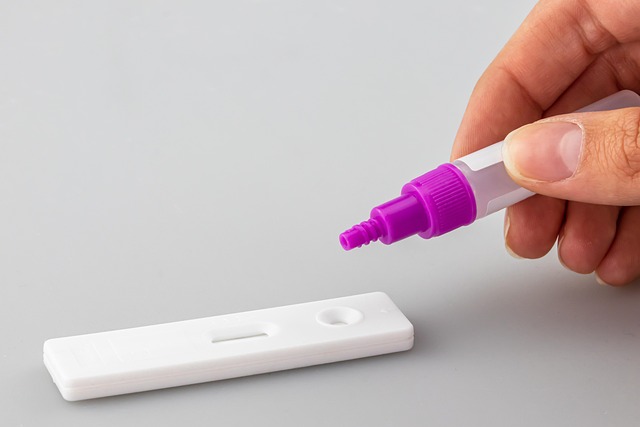In today’s digital landscape, social media has become an inseparable part of our lives, shaping perceptions and interactions in ways we once could never have imagined. This seismic shift in communication has profoundly impacted self-confidence, leading many to question how they view themselves through the lens of social media. When you scroll through your feed, do you encounter feelings of envy or inadequacy? These emotions can be detrimental to our self-esteem, often affecting the results of any self-confidence test.
Social media platforms present carefully curated snapshots of life, where it’s easy to get lost in the highlights of others’ journeys. As we scroll, we are bombarded with images and stories that often represent unattainable ideals. The pressure to conform to these perceived standards can lead one to take self-confidence tests that might paint an inaccurate picture of their true worth. Instead of fostering genuine self-acceptance, we may find ourselves debating if we measure up according to social media benchmarks.
Moreover, this phenomenon can create a feedback loop, where likes and shares become validation points for our self-esteem. When a post receives little engagement, it can elicit feelings of rejection, pushing us to adjust our identities to fit the mold. It’s essential to realize that a single snapshot or the number of followers does not define our reality or self-worth. Engaging with a self-confidence test might reveal insights into our deepest insecurities, yet these results can be skewed by how we perceive ourselves in relation to our social media interactions.
In this digital age, the lines between reality and the curated lives we see online often blur, leading many to feel discontent with who they are. The key lies in approaching social media with a critical eye, understanding its impact, and recognizing that each person’s journey is unique. Taking a moment to step back and evaluate our emotional responses to social media can help restore the lost sense of self-confidence.
As we navigate this narrative, it’s crucial to seek authenticity—both in ourselves and in the online content we consume. Striving for self-confidence should come from within, anchored in our values, strengths, and experiences rather than the fleeting affirmations found in a scrolling feed. To redefine our self-perception away from social media’s influence, we can engage in self-reflective practices or seek therapy, allowing us to embrace our flaws and celebrate our victories wholeheartedly.
Ultimately, social media can be a tool for both connection and comparison, but we hold the power to choose how it influences our self-image. By recognizing the impact of social media on our self-confidence, we can take meaningful steps to ensure that our self-confidence test reflects our true selves, unfiltered and unapologetic. Embracing this introspective journey will enable us to cultivate a more resilient identity, empowered by the knowledge that our worth is not determined by pixels or followers but by the essence of who we are at our core.




